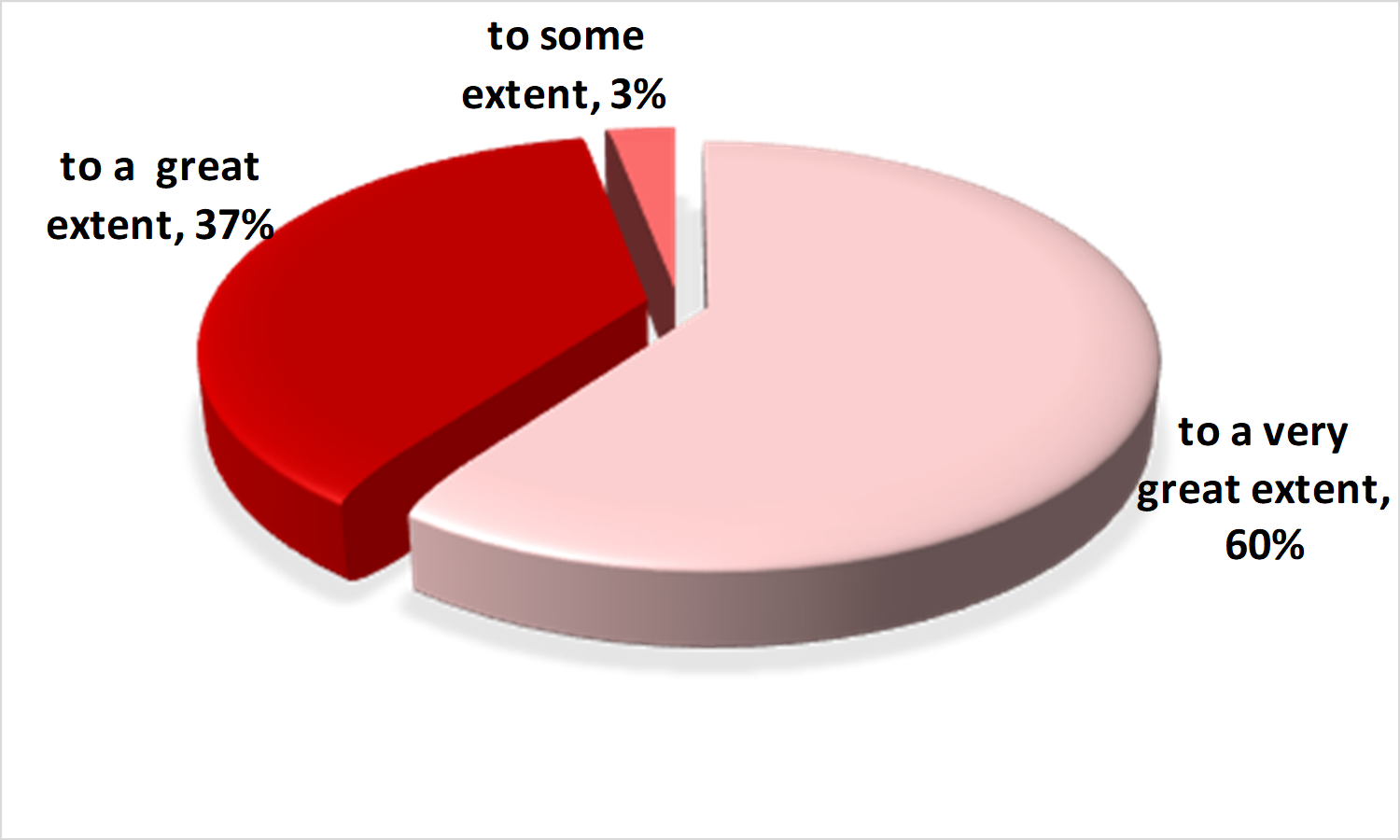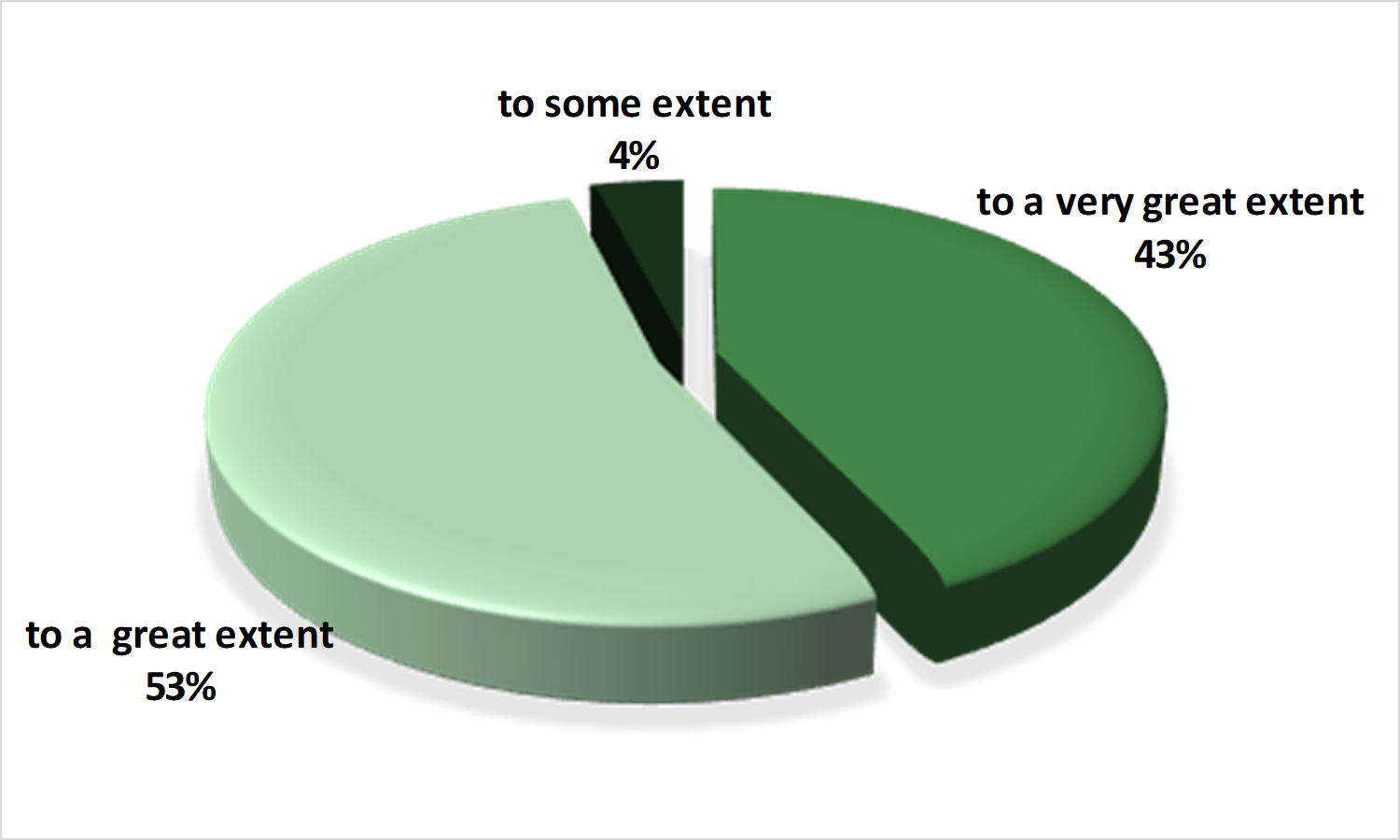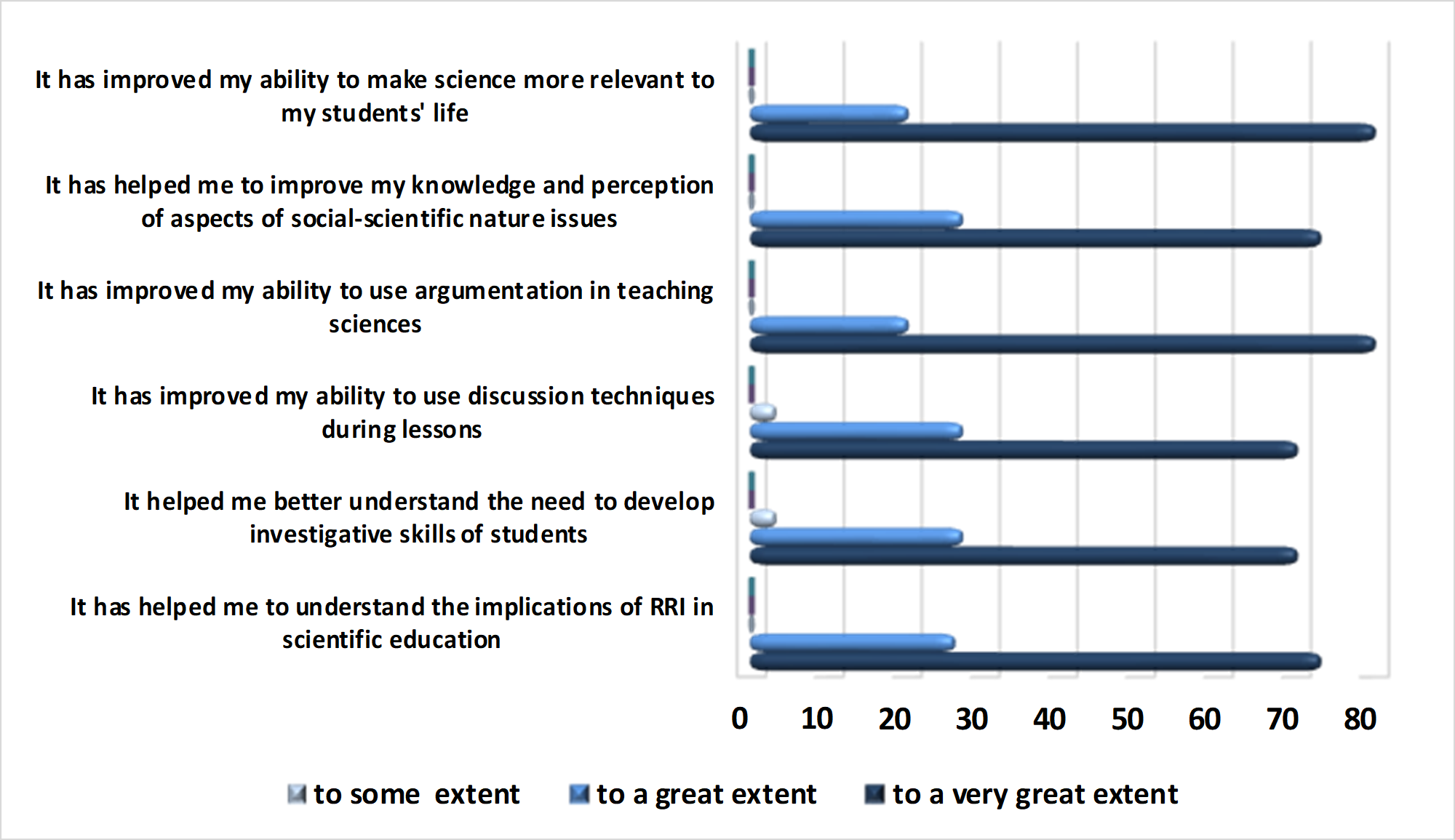Abstract
Starting from the premise that
Keywords: Responsible Research and InnovationInquiry-based Science Educationdiscussion techniquesinnovative didactic designENGAGE Project
Introduction
During the recent years, one important aspect that can be noted on international level is an evident change of paradigm in teaching Science, largely determined by the decrease of the students’ interest and motivation for this scientific area (Chemistry, Physics and Biology). In this sense, a relevant Eurydice Study from 2011 -
This change of paradigm is reflected, on the theoretical level, by the reconfiguration of the curriculum dedicated to Sciences, which supposes the elimination of certain contents given by their highly difficult level and the lack of connections with the students’ daily life, the realization of interdisciplinary connections and the approach of certain scientific problems from the ethical, economic or social perspective.
On the practical level, the change of paradigm is translated by designing and using of modern teaching approaches, based on innovative teaching projects, turning to valuable teaching strategies of the training based on scientific investigation, based on problem solving or supposing learning by cooperation / collaboration. In this context, “students must understand the scientific research process” and “understanding ought to emerge as a result of the scientific experiences made in class and outside school” (http://www.ccdcluj.ro/Fisiere/2015/proiecte/Ghid_Predarea_stiintelor_prin_investigatie.pdf).
Moreover, a training process based on scientific investigation involves the students efficiently in their own knowledge process, because they are engaged in learning by means of scientific questions oriented by the teacher. In this way, students give priority to the evidence, which helps them formulate and evaluate the explanations by which one can answer the initial questions, formulate explanations, based on evidence and evaluate their explanations. At the same time, the students communicate among themselves and with the teacher to justify or argument their explanations, apply the information acquired in new situations, evaluate the new knowledge and the approach of their acquisition, identifying the difficulties met, and the way of overcoming them (Ciascai, 2016). The teacher has a crucial role on raising the students’ interest for
Problem Statement
The
By the activities designed and implemented in class, the project is trying to show to the students that the contemporary science and technology often rely on uncertain evidence, which needs rigorous identification and analysis. Consequently, in the context of the lessons, a series of teaching methods and procedures are profitably used, such as conversation, discussion techniques, argumentation, workgroup techniques etc. The approach of the project in three stages (
Thus, the
The
The
Research Questions
In the respect of the considerations mentioned above, three questions come in-line with our purpose research: (a) Did the use of
Purpose of the Study
By the present study, we have in view, as priority objectives, the identification and analysis of the opinions expressed by the Romanian Science teachers involved in the ENGAGE project, related to the following aspects: the quality of the ENGAGE materials, the impact of the use of those materials during the teaching activities, the effects of the use of those materials on the learning activities, benefits of the participation to this project on the level of the professional development. We appreciate that all those pieces of information constitute relevant resources for highlighting the added value that the ENGAGE project brings to the current educational practices regarding Science teaching and learning (Chemistry, Physics, Biology.
Research Methods
The investigation was realized on a sample of 30 teachers involved in the ENGAGE project (24 teachers from pre-university education and 6 members of the university teaching staff), on the occasion of the event entitled:
The questionnaire administrated to the participating teachers was structured into a formula with items and provided answers based on a five-levels Likert scale, preconfigured as follows:
Findings
The first two items of the questionnaire asked for the teachers’ opinions concerning the extent to which the ENGAGE project had impact on them, in general, and especially on their teaching activities. In this context, the respondents appreciated that the use of the ENGAGE materials contributed to motivating the students to learn Sciences (figure

The second item aimed to identify the extent to which the ENGAGE materials inspired the teachers to develop new teaching strategies and to design innovative teaching scenarios (figure

The following item aimed to offer the extent to which the participation in the ENGAGE project generated positive effects on the professional development of the participant members of the teaching staff, especially along the coordinate of the instrumental-applicative skills.
Thus, the teaching staff considered that the implication in the ENGAGE project (figure
has helped them to be aware of the implications of RRI in scientific education: to a very great extent - 73% and to a great extent - 27%;
has helped them to understand better the needs of developing the students’ investigative skills: to a very great extent - 70%, to a great extent - 27%, and to some extent - 3%;
has improved the capacity of using discussion techniques during the lessons: to a very great extent - 70%, to a great extent - 27%, and to some extent - 3%;
has improved their capacity of using argumentation in Sciences teaching: to a very great extent - 80%, and to a great extent - 20%;
has helped them improve their knowledge and perception on the socio-scientific aspects: to a very great extent - 73%, and to a great extent - 27%;
has improved their capacity of making Science more relevant for the students’ life: to a very great extent - 80%, and to a great extent - 20%.

By applying the focus group method, we collected a series of pieces of supplementary information, which demonstrated the positive formative value felt by all the participants involved in the ENGAGE project (students or teachers). In this context, the teaching staff shared opinions related to the fact that through the use of those innovative teaching scenarios, inspired by the model of the ENGAGE lessons, the scientific disciplines have become more interesting for the students, the students beginning to seize the direct connections between the scientific problems and the problems of the daily life, being involved in the investigative approaches. At the same time, a part of the teachers emphasized that they have experienced a significantly higher professional satisfaction following the implementation in classrooms of the ENGAGE lessons.
Conclusion
As one can easily observe by analysing the figures above, most of the interviewees’ answers are situated on the high side of the evaluation scale (to a
Moreover, if we take into account the stages performed by the teachers during the ENGAGE project, on their professional development, and the significantly higher satisfaction of the teachers after the ENGAGE lessons are implemented in classrooms, we can say that this should normally lead to the inclusion of this type of strategies in their next activities and the use of similar materials designed by themselves.
Acknowledgments
This work was funded through the Seventh Framework Programme Project “
References
- Ciascai, L. (coord.). (2016). Model ciclic de predare-învăţare bazat pe investigaţie. Cluj Napoca: Presa Universitară Clujeană
- Education, Audiovisual and Culture Executive Agency. (2011). Science Education in Europe: National Policies, Practices and Research. EACEA P9 Eurydice. http://eacea.ec.europa.eu/education/eurydice/documents/thematic_reports/133en.pdf, accessed 2017-06-30
- Gorghiu, G., Santi, E.A. (2017). Considerations Related to the Secondary School Students’ Interest for a Scientific Career. Journal of Science and Arts, 38, p. 147-154
- Gorghiu, L.M., Dumitrescu, C., Petrescu, A.M.A. (2016). Introducing RRI in Science Teaching - An Actual Challenge for Science Teachers, European Proceedings of Social and Behavioural Sciences, 18, p. 183-191
- The ENGAGE Project, https://www.engagingscience.eu, https://www.engagingscience.eu/ro/materials/, https://www.engagingscience.eu/en/overview/, accessed 2017-06-30
- The PATHWAY Project, Ghid pentru profesori - Predarea Științelor prin investigație, http://www.ccdcluj.ro/Fisiere/2015/proiecte/Ghid_Predarea_stiintelor_prin_investigatie.pdf, accessed 2017-06-30
Copyright information

This work is licensed under a Creative Commons Attribution-NonCommercial-NoDerivatives 4.0 International License.
About this article
Publication Date
28 June 2018
Article Doi
eBook ISBN
978-1-80296-040-2
Publisher
Future Academy
Volume
41
Print ISBN (optional)
-
Edition Number
1st Edition
Pages
1-889
Subjects
Teacher, teacher training, teaching skills, teaching techniques, special education, children with special needs
Cite this article as:
Petrescu, A. A., Gorghiu, L. M., Gorghiu, G., & Bîzoi, M. (2018). New Trends In Teaching Sciences: A Case Study From The Engage Project. In V. Chis, & I. Albulescu (Eds.), Education, Reflection, Development – ERD 2017, vol 41. European Proceedings of Social and Behavioural Sciences (pp. 612-618). Future Academy. https://doi.org/10.15405/epsbs.2018.06.72

